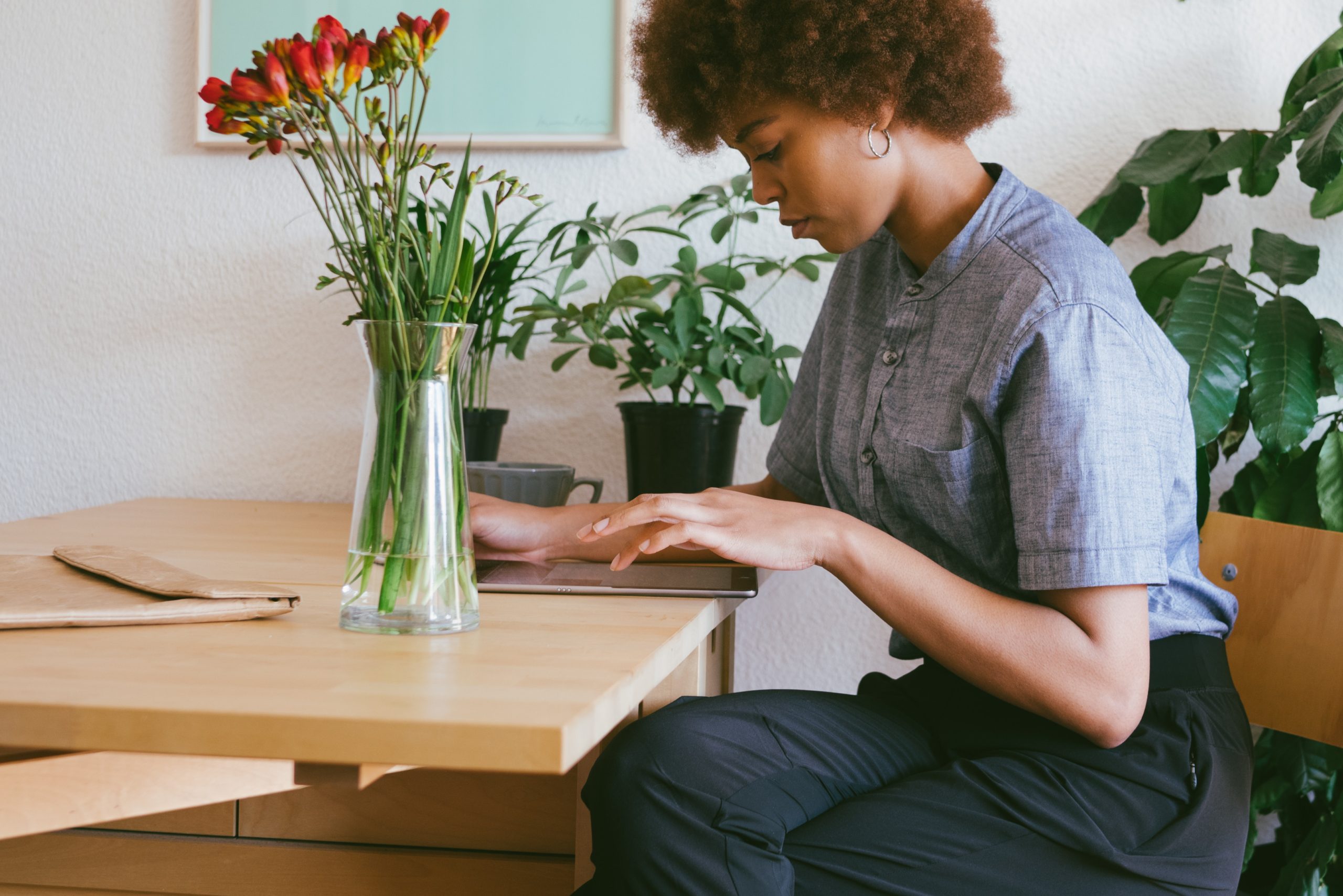As I was standing in the near darkness tonight watering my plants, a memory came back to me from many years ago that made me chuckle. I recalled that two of the times when I felt most relaxed during that earlier time period of my life were when I was in the dentist chair, and in an MRI machine to rule out an injury. As odd as it may seem, in the busyness of my life back then, being “forced” to “do nothing” but simply be still was quite refreshing for me. In both cases, it was a chance for me to get away from the constant going and accomplishing something on my “to do” list, and a welcome invitation to slow down. I don’t believe I am alone in experiencing this phenomenon. Well, I may be one of a few odd people who find peace in an MRI machine or the dentist’s chair, but I think the culture I live in breeds a busyness mindset where we are constantly running from one activity to the next with barely a moment to literally catch one’s breath. I observe this among people in all kinds of work environments, among parents, school students from elementary through college — even over-scheduled kindergarteners. In our high pace, advanced technology, fast food, short sound byte life styles, we have gotten away from a slower pace of life where there was more time to savor and play, and less pull to rush through our days at high speed.
While I am not sure I would have done much less in my earlier years, and while I still enjoy a very busy lifestyle, one of the things I have learned through mindfulness practice is how to create some natural pauses in my day where I can simply be and not do. This is not only essential for my body, but for my soul as well—to replenish my reserves, to help me keep things in perspective, and to allow me more space to be grateful for the many gifts of each day. In the past, watering the plants may have been one more thing that needed to get done. Tonight’s opportunity to water my plants was an invitation for me to be present to the nightfall, and to the nature around me. It was a chance to take in the symphony of sounds that the crickets offered; to feel the droplets of water on my skin as they bounced off the plants, to watch the dance of the leaves in partnership with the water’s spray, to feel the shelter of the trees surrounding me, and to take this moment to surrender to the awe of the natural world. As my plants soaked up the water that I fed them, so too did I soak up the nourishment of these few quiet moments at the end of my busy day.
As Jon Kabat-Zinn says, mindfulness is about “paying attention in a particular way: on purpose, in the present moment, and non-judgmentally.” The beauty of this is that we can practice becoming more mindful in any small moments within our day-to-day life. We don’t have to formally meditate (though there are certainly many benefits of this) in order to slow down, savor, replenish, and reset our bodies and minds. This evening illustrates that for me. I realize that if I had approached the watering of the plants as just one more thing to do, and focused my attention on the many thoughts running in my head instead of on what was happening in front of me, I would have missed out on a spectacular serenade of sounds and sights, and a chance to experience a moment of profound peace and beauty.
I wish for you a moment today to pause and notice how doing so makes a difference in your day. Sometimes it is in those small spaces between the doing that we discover the most meaning and richness in our lives.
If you would like to take a short, mindful pause in your day, I invite you to try this four minute meditation I created to fit into even the busiest person’s day.
Kabat-Zinn, J. (1994). Wherever you go there you are: Mindfulness meditation in everyday life.New York, NY: Hyperion.
Originally published at Psychology Today
